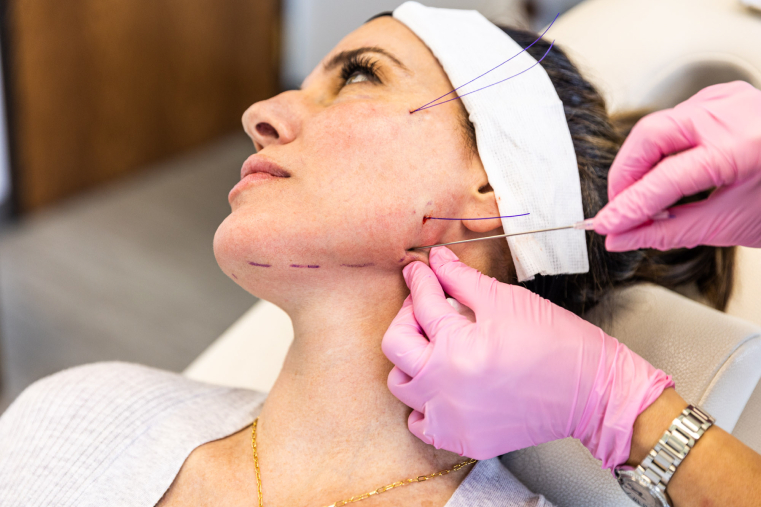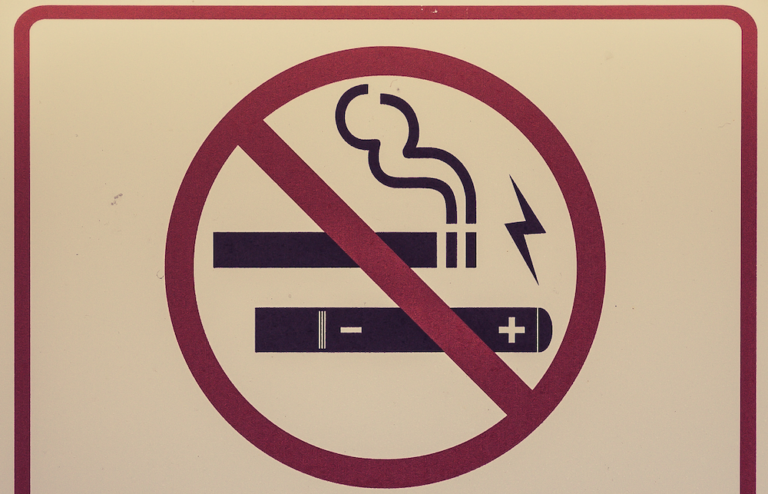The Benefits of Routine Dental Check-Ups for Overall Health
Maintaining oral health is more than just having a bright smile. It plays a crucial role in your overall health. For those under specific coverage, government dental plans make it easy to keep up with routine dental check-ups, ensuring you never miss a necessary appointment. Routine dental check-ups are essential to overall health, yet many overlook their importance. Preventive dental care can be a vital component in reducing health care costs and preventing more severe health complications down the line. By prioritizing regular dental visits, you contribute to your holistic well-being and mitigate risks associated with neglecting oral hygiene.
Why Dental Check-Ups Are Important
Skipping dental check-ups can lead to various health concerns, including tooth decay and gum disease. Regular visits help in early identification and treatment of potential issues. A WebMD article states routine dental care is associated with oral health and heart disease prevention. By attending regular check-ups, you can prevent plaque buildup, cavities, gum disease, and even more serious conditions like oral cancer. Regular dental visits allow for professional cleanings beyond what can be achieved at home, addressing hard-to-reach areas that may be missed by daily brushing and flossing. Furthermore, such visits allow dentists to educate patients about proper oral care techniques and nutrition’s role in maintaining dental health.
How Often Should You Visit the Dentist?
Dentists recommend visiting the dentist for cleanings and examinations at least twice a year. However, the frequency may vary based on particular medical issues. Some individuals may need more frequent check-ups due to chronic health issues or pre-existing dental concerns. For instance, those with a history of gum disease or frequent cavities might require quarterly visits. Pregnant women are also advised to have more frequent dental visits due to the changes in their body’s chemistry, which can affect oral health. Pediatric dental visits might also vary, ensuring children’s teeth develop correctly. Athletes might also need special attention due to potential injuries to teeth and gums from sports activities. Different lifestyles and medical conditions significantly influence the ideal frequency of dental visits to maintain optimal oral health.
What to Expect During a Dental Check-Up
A comprehensive cleaning, examination, and occasionally X-rays are part of a standard dental check-up. Plaque removal, cavity detection, and gum disease inspection are all done by the dentist. The process might also include oral cancer screenings and assessments of jaw and bite issues. Fluoride treatments and sealants might be applied to protect teeth against decay. Your dentist may also offer personalized advice on maintaining good oral hygiene and schedule any necessary follow-up treatments. These steps ensure potential issues are caught and addressed early, reducing the risk of later severe complications. Patients often receive tailored care plans, including recommendations for specific toothpaste, mouthwashes, or dietary changes to enhance oral health. Dental professionals emphasize the collaborative nature of oral health, guiding patients in their daily routines and professional needs.
Preventive Care and Early Detection
Dental check-ups are essential for preventive care, catching problems early before they become severe. Early detection can save you from extensive treatments and even chronic health issues. Regular visits can uncover signs of gum disease, cavities, and other potential oral health threats long before they escalate into more significant problems. Treatments for misaligned teeth or scaling and root planing are examples of preventive care that can save more involved and expensive procedures. Patients can prevent oral discomfort and potentially linked systemic health issues, such as consequences from diabetes and cardiovascular disorders, by continuing this proactive approach. Preventive care also includes educating patients about risk factors related to their specific conditions, thus empowering them to take better control of their overall health. Consistent care bridges the gap between oral and general health, promoting an integrative approach to well-being.
Importance of Dental Hygiene
Practicing good dental hygiene, including brushing and flossing is essential. In addition, routine dental visits are to be made. Together, they form a comprehensive approach to oral health. Poor dental hygiene can contribute to health problems like diabetes and respiratory conditions, claims Medical News Today. The risk of gum disease and tooth decay can be significantly decreased with good daily oral hygiene. The three main components of proper dental hygiene include using mouthwash, flossing once a day, and brushing twice a day using fluoride toothpaste. However, these efforts need to be complemented by professional cleanings, where a dentist can address any plaque and tartar that home care might miss. Furthermore, cutting out on acidic and sugary foods helps shield enamel and stave against cavities. Strong teeth and gums are maintained by a well-balanced diet high in vitamins and minerals, and frequent hydration promotes proper saliva production, which is necessary to counteract oral acids.
How Dental Health Affects Overall Health
Your mouth can access your body. Poor dental health may impact your heart, lungs, and fertility. Frequent dental examinations can reduce these risks by maintaining the health of your mouth. Conditions such as periodontitis have been linked to cardiovascular disease and respiratory infections, demonstrating the extensive reach of oral health. Pregnant women with gum disease have higher instances of preterm births and low birth weight.
Additionally, untreated dental infections can lead to systemic health issues such as sepsis. Hence, maintaining good oral health is about preserving your smile and enhancing your overall well-being. Researchers have also found connections between poor oral health and dementia, suggesting that maintaining dental hygiene might play a role in cognitive health. Oral bacteria and inflammation can trigger body-wide responses, highlighting the necessity of comprehensive and consistent dental care for long-term health.
Tips for Maintaining Good Oral Health
- Brush your teeth at least twice a day with fluoride toothpaste. Ensure to brush for at least two minutes, covering all surfaces of the teeth.
- Floss daily to remove plaque between teeth. Proper flossing involves gentle movements to avoid damaging the gums.
- Limit sugary and acidic foods that erode enamel. Instead, choose a balanced diet of fruits, vegetables, and dairy products.
- Stay hydrated to maintain saliva production. Saliva is essential in neutralizing acids and aiding in digestion.
- Schedule regular dental check-ups for preventive care. Consistent professional guidance helps keep oral issues at bay.
- Consider using mouthwash to reduce plaque and freshen breath. Choose ones that contain antibacterial properties.
- Steer clear of tobacco products since they might negatively impact dental health. Two of the biggest risk factors for gum disease and oral cancer are smoking and chewing tobacco.
- Chew sugarless gum to stimulate saliva production, which helps neutralize acids in the mouth. Choose gums with xylitol, which can also help combat cavities.
Explore insightful articles and stay updated with the latest trends at NewsletterTribune.com.






